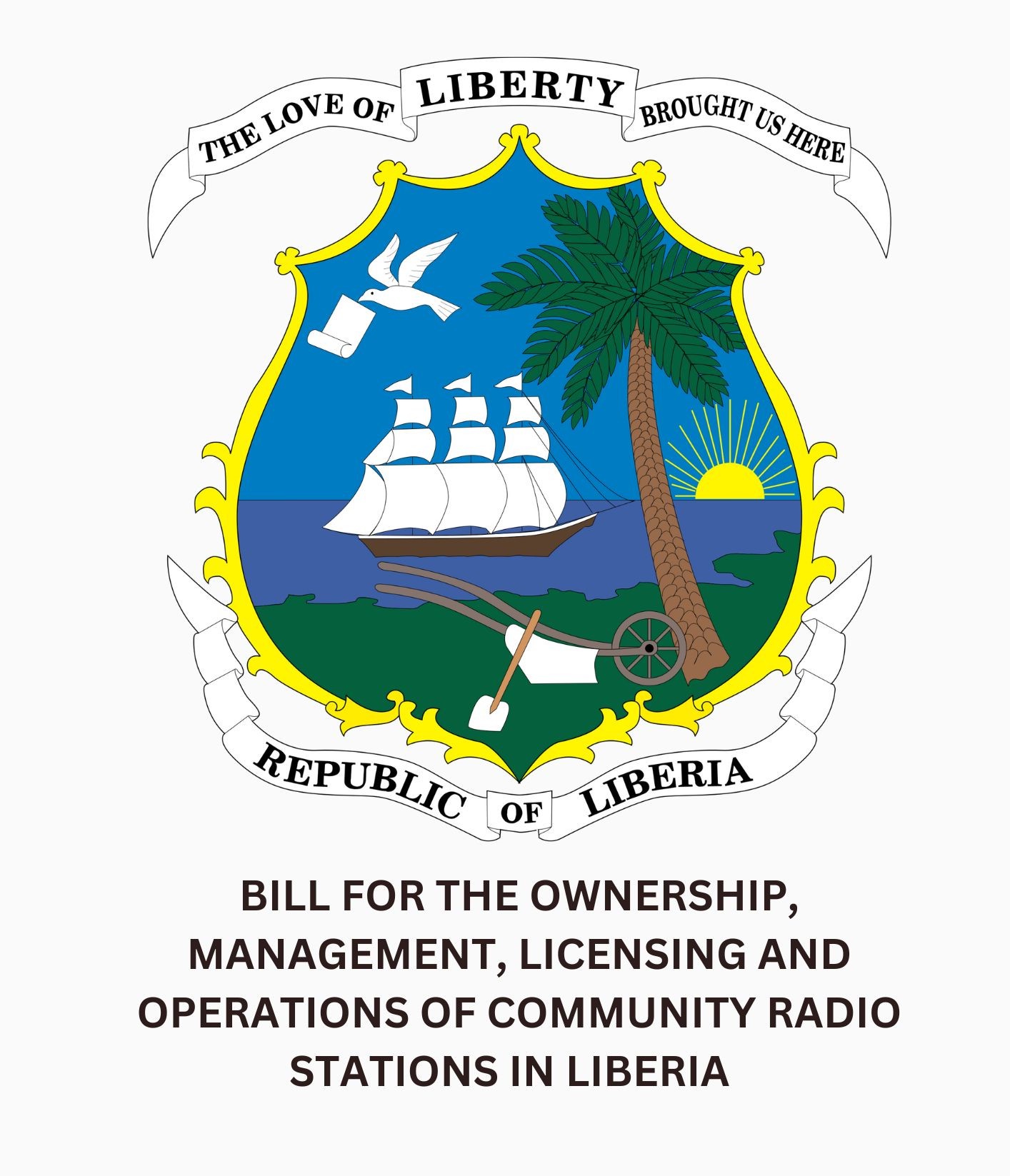The Association of Liberia Community Radio (ALICOR) along with its partners will on today submit a draft community radio sustainability bill to the country’s national legislature.
ALICOR is expected to be joined by a host of civil society organizations and media personalities who will converge at the capitol building, the home of the Liberia legislature, to submit the draft law.
ALICOR is the umbrella organization of over 70 Community radio stations across Liberia.
Over the past several years, efforts have abounded to develop a policy framework that both governs and protects the community radio sector of Liberia.
With the support of various partners, the process has continued and at various stages different versions of a policy document have emerged.
Over the past nearly two years, the process has been taken over and driven by the association with technical support from Internews.
The process has now culminated in the drafting of the Community Radio Sustainability Bill. The Bill having gone through different stages of validations by a wide range of stakeholders has been finalized and is ready to be submitted to the National Legislature for passage into law.
“Ahead of the submission of the bill, ALICOR and over 30 partner community radio stations recently on June 29 gathered at a conference in Kakata Margibi County, to garner the final assent of the community radio sector, where a communiqué was signed by the delegates,” ALICOR said in a release.
Delegates at the Kakata Conference amongst other things pledged to support, advocate, and lobby for the passage of the instrument.
The participants noted the importance of the passage of the Community Radio Sustainability Bill into Law. They also underscored that the passage of the Bill by the National Legislature is paramount to the survival of the country’s community radio sector. The Delegates noted that the need to provide an unencumbered state support to the community radio sector cannot be overemphasized.
For his part, ALICOR president, Hector Mulbah wants members of executive and legislative branches of government to understand that Liberia would suffer a dire information vacuum if the community radio sector were not adequately protected by law.
Mulbah stressed that the information dissemination needs of rural residents is so important that the community radio sector cannot continue to be administer under the same legal regime as commercial broadcasters are.

